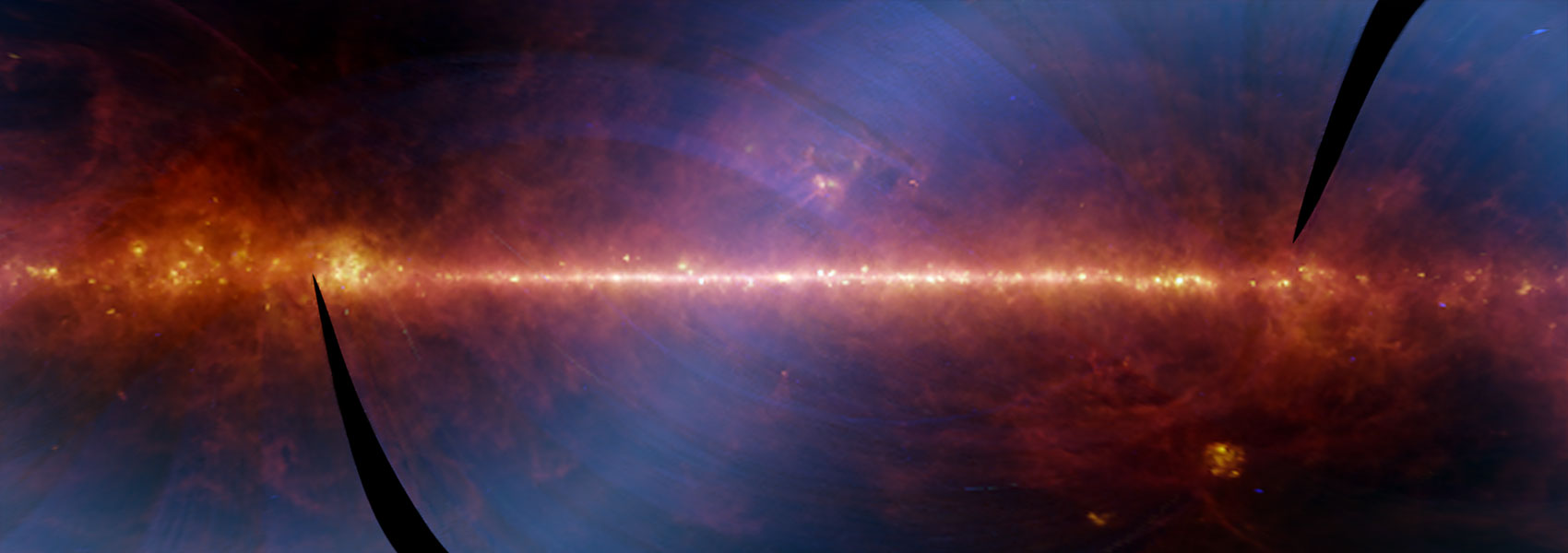July
2010
•
2010ApJS..189..156V
Authors
•
van Eyken, Julian C.
•
Ge, Jian
•
Mahadevan, Suvrath
Abstract
•
The dispersed fixed-delay interferometer (DFDI) represents a new instrument concept for high-precision radial velocity (RV) surveys for extrasolar planets. A combination of a Michelson interferometer and a medium-resolution spectrograph, it has the potential for performing multi-object surveys, where most previous RV techniques have been limited to observing only one target at a time. Because of the large sample of extrasolar planets needed to better understand planetary formation, evolution, and prevalence, this new technique represents a logical next step in instrumentation for RV extrasolar planet searches, and has been proven with the single-object Exoplanet Tracker (ET) at Kitt Peak National Observatory, and the multi-object W. M. Keck/MARVELS Exoplanet Tracker at Apache Point Observatory. The development of the ET instruments has necessitated fleshing out a detailed understanding of the physical principles of the DFDI technique. Here we summarize the fundamental theoretical material needed to understand the technique and provide an overview of the physics underlying the instrument's working. We also derive some useful analytical formulae that can be used to estimate the level of various sources of error generic to the technique, such as photon shot noise when using a fiducial reference spectrum, contamination by secondary spectra (e.g., crowded sources, spectroscopic binaries, or moonlight contamination), residual interferometer comb, and reference cross-talk error. Following this, we show that the use of a traditional gas absorption fiducial reference with a DFDI can incur significant systematic errors that must be taken into account at the precision levels required to detect extrasolar planets.
Links




